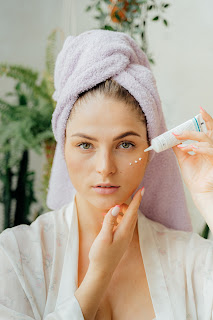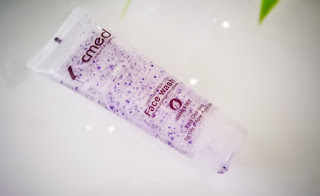How to Use Azelaic Acid For Reducing Dark Spots
Azelaic acid is a dicarboxylic acid which can be obtained from wheat, rye, barley. It is also produced by the yeast that is naturally present on our skin.
Azelaic acid is a common skincare ingredient that is prescribed as topical medications by dermatologists for treating hyperpigmentation, melasma, acne marks, uneven skin tone.
Usually the medical prescriptions of azelaic acid are 15%- 20% depending on the severity of the skin condition and treatment required. Over the counter creams that are available in the drugstore are usually of lower concentration, most commonly 10%.
In what forms azelaic acid can be used in skincare?
Azelaic acid is prescribed in the forms of creams, lotions, bars.
As it takes some time to work on the skin, azelaic acid is not the first choice of treatment for acne, but it definitely gives relief to melasma, hyperpigmentation at a higher rate.
Azelaic acid has anti-microbial and anti-inflammatory properties that also helps in treating inflamed acne.
How to use azelaic acid?
Firstly, Wash your hands with soap and water.
Then wash your face with a mild cleanser and lukewarm water.
Dry your skin using a clean towel by gently patting your face.
Apply the required amount of the product prescribed by your doctor on the affected area.
Some formulations are designed for application on the whole face.
Azelaic acid can be safely used with retinoids without causing any adverse reactions.
What are the uses of azelaic acid?
This ingredient can be used in the treatment of acne, hyperpigmentation, scars, rosacea, melasma and hyperpigmentation.
Azelaic acid works well on acne scars as well as it causes increased cell turnover just like retinoids hence results in improving the appearance of acne scars as well.
What are the side effects of using azelaic acid in skincare?
1. Dryness.
2. Itchiness in the affected area.
3. Peeling of the skin.
4. Redness.
5. Tightness of the skin.
Points to remember-
1. Always check with your dermatologist before using any potent/ active ingredient in your skincare routine.
2. Don't use higher prescription strength products without consultation to avoid adverse reactions on the skin.
Immediately stop using the product if skin irritation occurs.
Hope you find this article helpful.
Take care. ❤️



Comments
Post a Comment